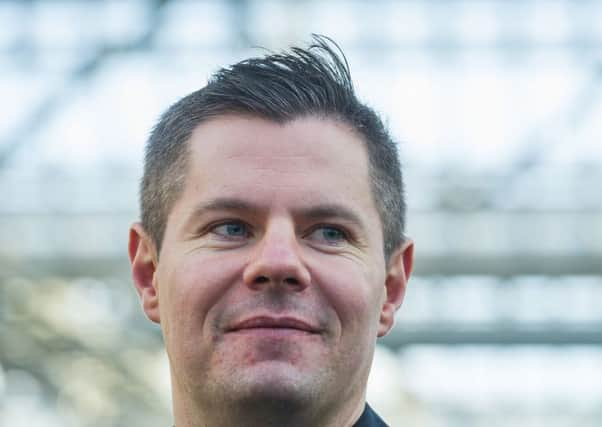Scottish Budget: MSPs back SNP plans on tax and spending


The spending plans for 2019-20 were voted through by 66 votes to 58 yesterday after the SNP government struck a deal with the Greens, which will see councils handed the power to introduce a controversial new workplace parking levy.
Finance Secretary Derek Mackay defended the plans, insisting that the budget “safeguards Scotland as best we can” with the resources available.
Advertisement
Hide AdAdvertisement
Hide AdCouncils will face a £230 million cut to their core budgets, but ministers said the overall cash they receive will go up as a result of funding for central government initiatives delivered locally. These include £500m to double the level of free childcare in Scotland.
Mr Mackay said: “Under the circumstances, the 2019-20 budget delivers a fair financial settlement for local government by providing over £11.2bn, which is a real-terms increase of almost £300m.”Under the deal struck with the Greens, the new powers for councils will see local authorities allowed to increase the rate of council tax hikes to almost 5 per cent, and double the 5p plastic bag levy. The agreement could also see the council tax replaced in Scotland after the 2021 Holyrood elections.
The support of the six Green MSPs allowed the minority SNP government to get its plans through, despite opposition from the Scottish Conservatives, Labour and the Liberal Democrats.
Higher earners will pay hundreds of pounds more in tax than those earning the same amount south of the Border under the income tax proposals. However, a majority of workers in Scotland (55 per cent) will pay slightly less.
The tax bands have been overhauled in Scotland, meaning they no longer correlate with the system south of the Border.
The threshold for paying the higher rate of 41p in Scotland has been frozen at £43,430. Workers in the rest of the UK only start paying this rate, where it isthe equivalent rate, 40p, after they earn £50,000 due to an increase in November’s Budget.
Tory MSP Murdo Fraser said tackling Scotland’s historically low productivity levels should be the favoured route to growing the economy and improving public spending levels.
“What a pity that Instead of going in that direction, we have an SNP government that would rather hike up taxes for working families, penalise the poorest with a regressive car park tax and at the same time slash our local public services,” he said.